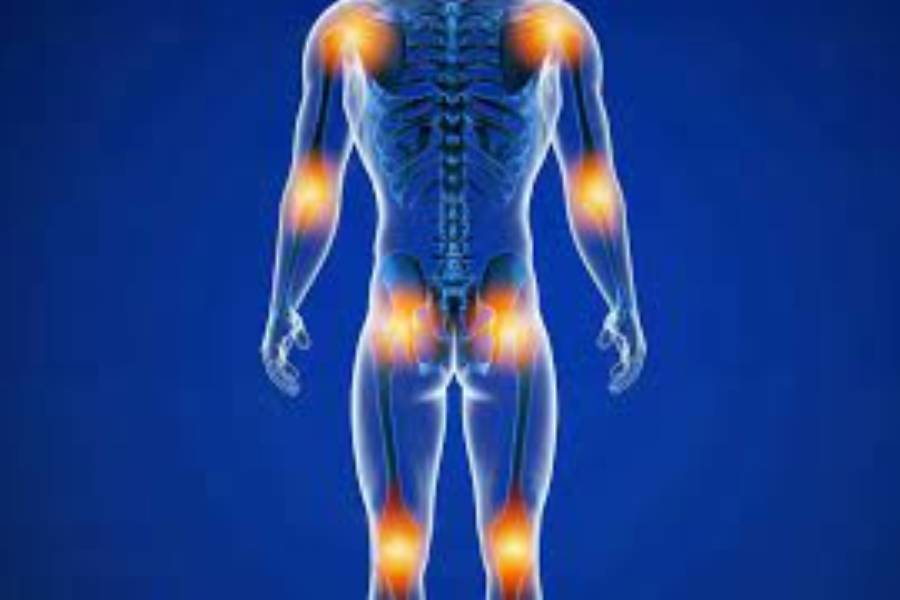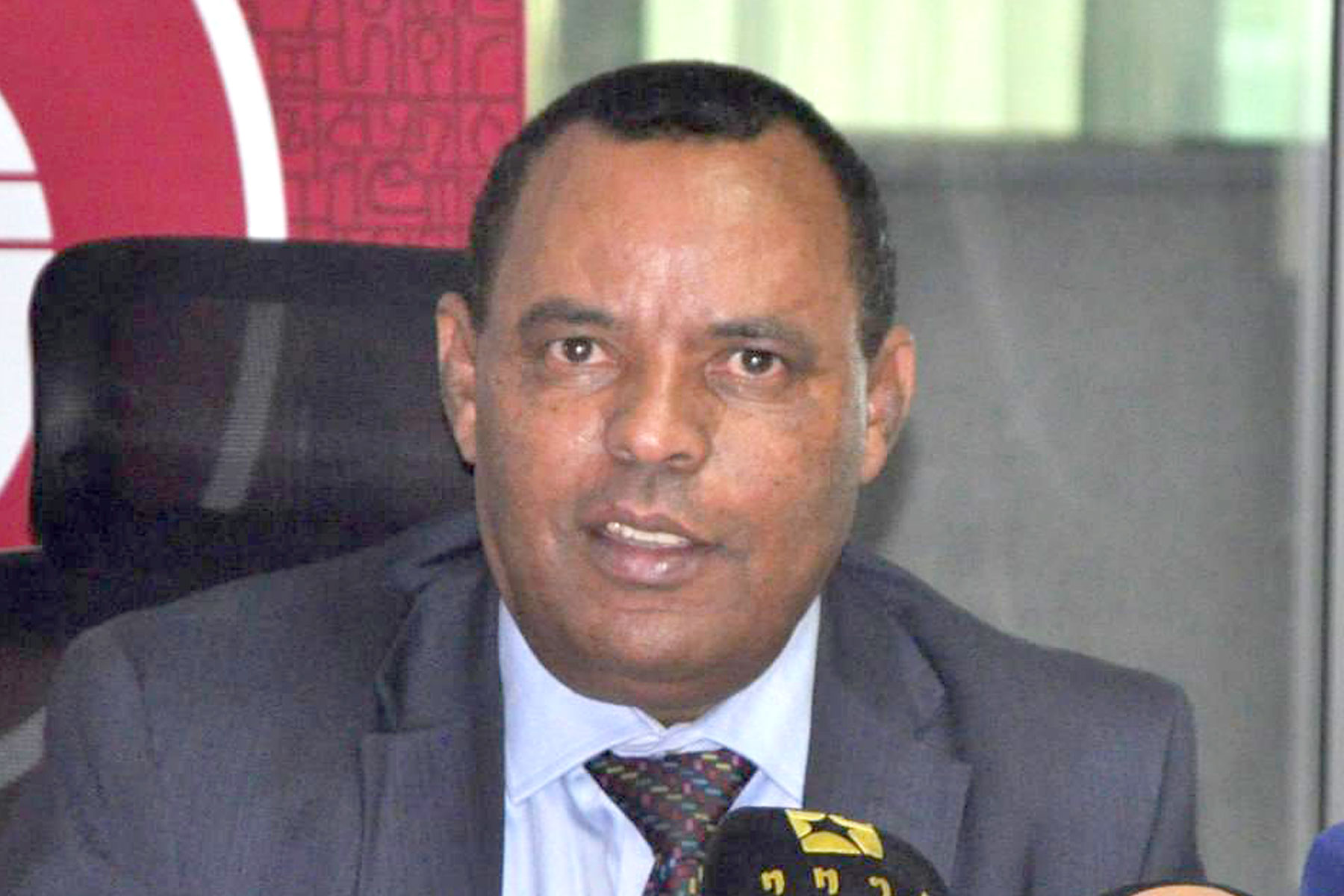
Commentaries | May 24,2025
Jul 7 , 2024
By Eden Sahle
A few weeks ago, I reconnected with a lawyer who is a strong advocate for human rights, particularly women's rights. Over the years, I have observed her incredible work in creating awareness both in person and at conferences.
This time, we spoke mostly about raising children, as she is a mother as well. She shared many helpful tips. When she asked about my work, I told her that I mostly work from home while taking care of my daughter full-time. She applauded me and then suggested hiring a nanny for my baby to avoid burnout.
At first, I thought it was a mere suggestion. But she began telling me how getting a 10-year-old nanny for her then one-year-old son eased her life. She brought the girl from a struggling family in the regional states.
“You know,” she said boldly, “I don't even pay her or send her to school. Feeding her and giving her proper shelter, which she struggled to get with her family, is enough for now.”
The statements coming out from a women's right advocate were shocking. She said the girl feeds and rocks the baby to sleep, is called from her sleep at night to change diapers, and makes the baby's meals as instructed. The woman plans to start paying her when she turns 18. She went on and on about the girl's activities, trying to convince me to follow her path.
It was unbearable to hear this from a person who publicly fought for women's rights. I told her she was committing a felony by exploiting an underage child at home with no pay and no access to education, while publicly advocating for women's rights. She was a hypocrite. As expected, she was offended and ended our conversation.
The mother I spoke to is not the only person engaging in the exploitation of young girls. According to the International Labor Organisation (ILO), an estimated 152 million children worldwide are engaged in child labour, with 73 million of them working in hazardous conditions.
It was unbearable to hear this from a person who publicly fought for women's rights.
Young girls like the one I was told about are trapped in domestic work from a very young age, lacking payment and education. Domestic work is the largest employment category for girls under 16 worldwide, according to the ILO. This is not just a loss for these young girls and their families but for nations at large.
Limited educational opportunities for girls and barriers to completing 12 years of education cost countries upto 30 trillion dollars in lost lifetime productivity and earnings, according to a recent World Bank research estimation. Globally, around 129 million girls are out of school, including 32 million of primary school age and 97 million of secondary school age, according to UNICEF. This is a wasted human resource that could help lift households, communities, and nations out of poverty.
In Ethiopia, broken families, violence at home, and widespread acceptance of child labour, girls are pushed into domestic work. Girls migrate from regional states to the capital city, Addis Abeba, to work as domestic workers before starting or dropping out from school to contribute to their families' low income.
They are considered easier to control and less likely or able to report any form of abuse or escape exploitation. Child domestic workers are not spared the appalling array of abuses. Their youth exacerbates their vulnerability and powerlessness compared to their exploiters.
They are highly exposed to confinement, prohibition on socialisation, especially with peers, sexual abuse, and food deprivation, which may have long-term negative physical and psychological effects. Lacking social support, they have little protection under both domestic and international laws.
International law does not prohibit child labour in itself, recognising the potential benefits of some forms of work. This is due to the realities that require many children to enter the workforce to support their or their families' basic needs. However, international law requires states to set a minimum age for employment and eliminate the worst forms of child labour.
The Committee on the Rights of the Child (CRC) guarantees children protection from performing hazardous work, work that interferes with their education, or work harmful to their health or development. These protections are also guaranteed under the Ethiopian constitution. The ILO Worst Forms of Child Labor Convention prohibits harmful or hazardous work, including slavery and similar practices.
Nevertheless, NGOs, UNICEF, and the ILO reveal that these laws are hardly enforced, resulting in children suffering. If women do not care for one another and practice abuse in private, like the lawyer I spoke to, we are diminishing the progress made in securing girls' and women's rights. After all, talk never brought change; honest actions do.
PUBLISHED ON
Jul 07,2024 [ VOL
25 , NO
1262]

Commentaries | May 24,2025

Delicate Number | May 31,2025

Advertorials | Mar 29,2024

Radar | Nov 26,2022

News Analysis | Apr 13,2024

Delicate Number | Sep 28,2024

Commentaries | Sep 10,2023

Editorial | Apr 09,2023

Sunday with Eden | May 31,2025

My Opinion | Aug 03,2024

My Opinion | 131766 Views | Aug 14,2021

My Opinion | 128149 Views | Aug 21,2021

My Opinion | 126095 Views | Sep 10,2021

My Opinion | 123717 Views | Aug 07,2021

Dec 22 , 2024 . By TIZITA SHEWAFERAW
Charged with transforming colossal state-owned enterprises into modern and competitiv...

Aug 18 , 2024 . By AKSAH ITALO
Although predictable Yonas Zerihun's job in the ride-hailing service is not immune to...

Jul 28 , 2024 . By TIZITA SHEWAFERAW
Unhabitual, perhaps too many, Samuel Gebreyohannes, 38, used to occasionally enjoy a couple of beers at breakfast. However, he recently swit...

Jul 13 , 2024 . By AKSAH ITALO
Investors who rely on tractors, trucks, and field vehicles for commuting, transporting commodities, and f...

Jul 5 , 2025
Six years ago, Ethiopia was the darling of international liberal commentators. A year...

Jun 28 , 2025
Meseret Damtie, the assertive auditor general, has never been shy about naming names...

Jun 21 , 2025
A well-worn adage says, “Budget is not destiny, but it is direction.” Examining t...

Jun 14 , 2025
Yet again, the Horn of Africa is bracing for trouble. A region already frayed by wars...

Jul 6 , 2025 . By BEZAWIT HULUAGER
The federal legislature gave Prime Minister Abiy Ahmed (PhD) what he wanted: a 1.9 tr...

Jul 6 , 2025 . By YITBAREK GETACHEW
In a city rising skyward at breakneck speed, a reckoning has arrived. Authorities in...

Jul 6 , 2025 . By NAHOM AYELE
A landmark directive from the Ministry of Finance signals a paradigm shift in the cou...

Jul 6 , 2025 . By NAHOM AYELE
Awash Bank has announced plans to establish a dedicated investment banking subsidiary...